
Meneng District: Nauru's Coastal Gem
Meneng District, located on the southeast coast of Nauru, offers travelers a tranquil escape with its pristine beaches and captivating ocean views. The district is renowned for its natural beauty, making it a perfect spot for those looking to unwind and immerse themselves in nature. Visitors can explore the beautiful Anibare Bay, where the clear waters and white sandy shores create an idyllic setting for swimming, snorkeling, and sunbathing. The bay is also home to a variety of colorful marine life, making it a favorite spot for underwater enthusiasts. The Meneng Hotel, one of the primary accommodations in the district, provides comfortable lodging with easy access to the beach. The hotel's restaurant serves delicious local cuisine, giving visitors a taste of Nauruan culture and hospitality. Beyond the beaches, Meneng District is rich in cultural heritage. A visit to the Meneng Cultural Centre offers insights into the traditional practices and history of the Nauruan people. The center often hosts events and performances that showcase local dances, music, and crafts. For those interested in nature and conservation, the Meneng District is also home to the Buada Lagoon, a serene freshwater lake surrounded by lush vegetation. It's a great spot for a peaceful walk or a relaxing picnic. Whether you're looking to relax on the beach, explore underwater wonders, or delve into local culture, Meneng District in Nauru has something special to offer every visitor.
Local tips in Meneng District
- Visit Anibare Bay early in the morning for the best snorkeling experience and to avoid crowds.
- Stay at the Meneng Hotel for easy access to the beach and local dining options.
- Check the schedule at the Meneng Cultural Centre for events and performances during your visit.
- Pack sunscreen and plenty of water, as the sun can be quite intense in Nauru.
- Explore Buada Lagoon for a peaceful retreat away from the coastal areas.
Meneng District: Nauru's Coastal Gem
Meneng District, located on the southeast coast of Nauru, offers travelers a tranquil escape with its pristine beaches and captivating ocean views. The district is renowned for its natural beauty, making it a perfect spot for those looking to unwind and immerse themselves in nature. Visitors can explore the beautiful Anibare Bay, where the clear waters and white sandy shores create an idyllic setting for swimming, snorkeling, and sunbathing. The bay is also home to a variety of colorful marine life, making it a favorite spot for underwater enthusiasts. The Meneng Hotel, one of the primary accommodations in the district, provides comfortable lodging with easy access to the beach. The hotel's restaurant serves delicious local cuisine, giving visitors a taste of Nauruan culture and hospitality. Beyond the beaches, Meneng District is rich in cultural heritage. A visit to the Meneng Cultural Centre offers insights into the traditional practices and history of the Nauruan people. The center often hosts events and performances that showcase local dances, music, and crafts. For those interested in nature and conservation, the Meneng District is also home to the Buada Lagoon, a serene freshwater lake surrounded by lush vegetation. It's a great spot for a peaceful walk or a relaxing picnic. Whether you're looking to relax on the beach, explore underwater wonders, or delve into local culture, Meneng District in Nauru has something special to offer every visitor.
When is the best time to go to Meneng District?
Iconic landmarks you can’t miss
Menen Hotel
Experience the comfort and local charm at Menen Hotel, your ideal base for exploring the stunning island of Nauru.

Nauru International Airport
Discover the serene beauty of Nauru, arriving at Nauru International Airport, your gateway to a unique island experience in the Pacific.
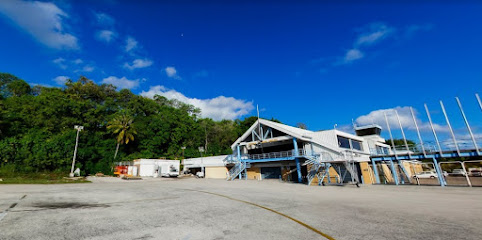
Nauru Australian Immigration Detention Center
Discover the Nauru Australian Immigration Detention Center, a complex site reflecting immigration issues and human rights in a stunning island setting.
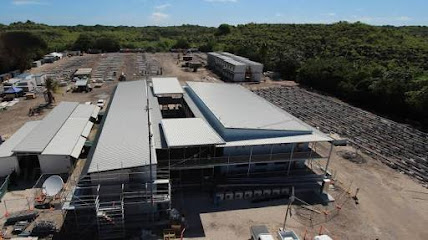
Parliament House
Explore Parliament House in Yaren, a striking symbol of Nauru's political heritage and architectural beauty, ideal for culturally curious travelers.
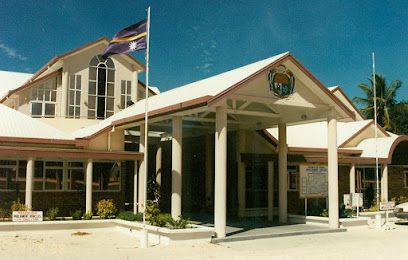
Naoero Museum
Explore the captivating history and culture of Nauru at the Naoero Museum, a must-visit destination for every traveler.
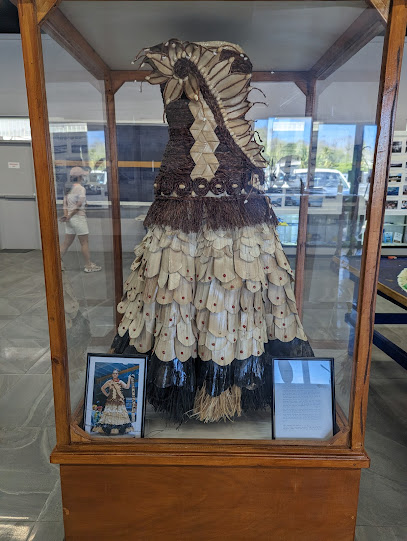
Meneng 1
Experience the charm and tranquility of Meneng 1, a guest house retreat in Ibwenape that promises comfort and hospitality amidst stunning natural beauty.
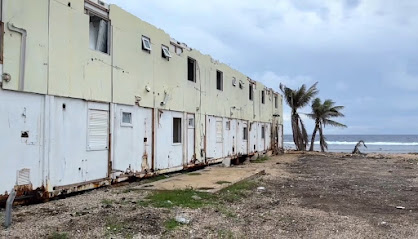
WWII Memorial Monument
Explore the WWII Memorial Monument in Orro, a historical landmark honoring the sacrifices of those who served during World War II.
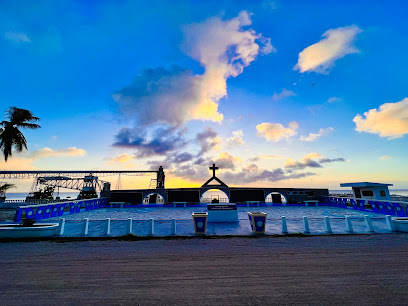
Meneng Cemetery
Explore the tranquil beauty and cultural significance of Meneng Cemetery, a serene resting place in Ibwenape showcasing local traditions.

Meneng Cave
Explore Meneng Cave, a stunning natural attraction in Anibare, Nauru, where adventure meets history in a captivating limestone wonder.
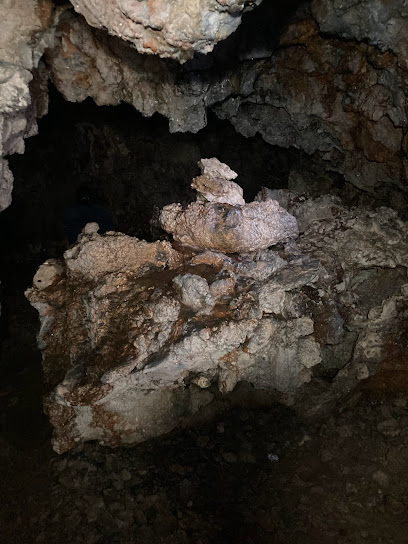
Central Plateau
Explore the mesmerizing landscapes and rich biodiversity of the Central Plateau, a hidden gem for adventurous travelers and culture enthusiasts.

Moqua Caves
Discover the breathtaking Moqua Caves in Yaren, a hidden gem of natural beauty and cultural history in Nauru.

Unmissable attractions to see
Naoero Museum
Explore Nauru's heritage at Naoero Museum, showcasing the island's unique culture and history through captivating exhibits.
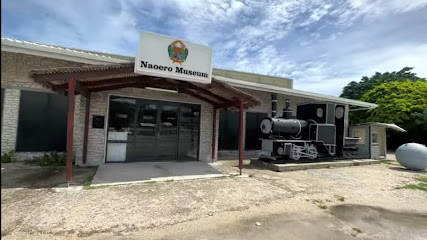
Aredetõ park
Experience tranquility and natural beauty at Aredetõ Park, a serene oasis in Arenibek perfect for relaxation and rejuvenation.
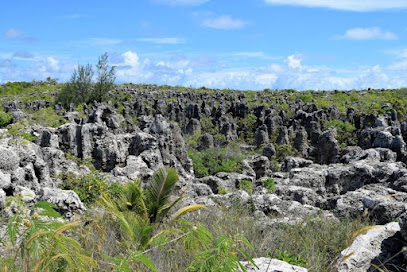
Ubweno Buada
Experience tranquility at Ubweno Buada Park in Arenibek, a lush green haven perfect for relaxation, picnics, and enjoying nature's beauty.
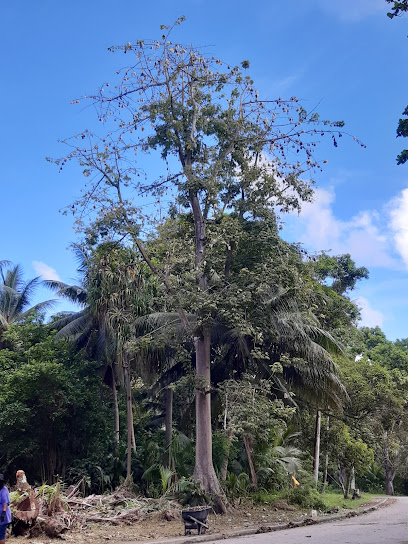
Buada National Park
Explore Buada National Park, a breathtaking hiking area in Arenibek, rich in biodiversity and stunning landscapes perfect for nature lovers.

Essential places to dine
The Bay Restaurant
Experience authentic Nauruan cuisine at The Bay Restaurant in Anibare—where fresh seafood meets breathtaking ocean views.
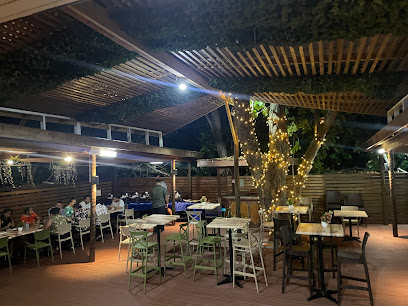
OMG Sushi Restaurant
Discover authentic sushi at OMG Sushi Restaurant in Orro – a hidden gem serving fresh Pacific flavors that delight every palate.
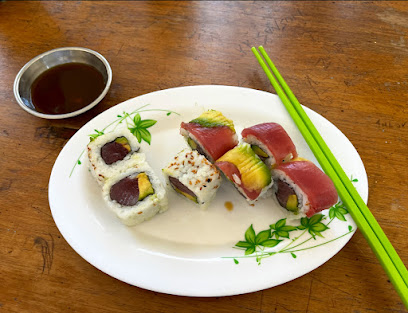
Mr Chippies
Experience authentic Nauruan cuisine at Mr Chippies - where every bite tells a story.
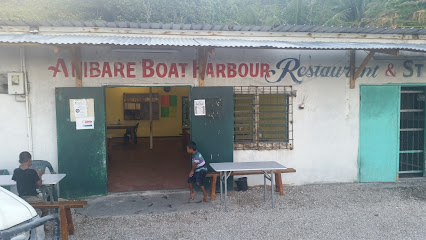
Star Kingdom
Experience authentic Asian cuisine at Star Kingdom in Boe – where flavors come alive in every dish.
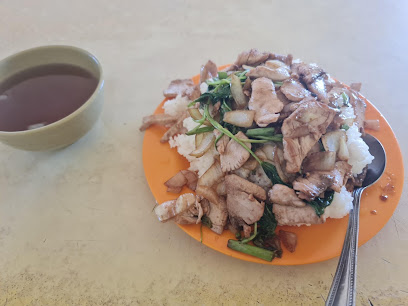
Chinese Restaurant Buada
Experience authentic Chinese cuisine at Buada Restaurant in Arenibek – a perfect blend of flavors and culture awaits every visitor.

Anibare Boat Harbour Restaurant
Experience local flavors and breathtaking views at Anibare Boat Harbour Restaurant - a culinary gem in Nauru's coastal paradise.
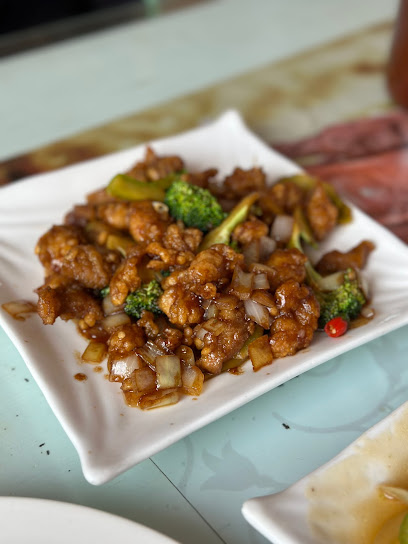
Florrowest Restaurant
Discover Florrowest Restaurant in Boe - where local ingredients meet international flavors for an unforgettable dining experience.
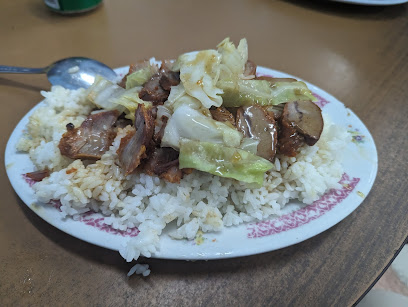
Somewhere Else in Nauru
Discover authentic flavors at Somewhere Else in Nauru, where culinary excellence meets warm hospitality amidst beautiful surroundings.
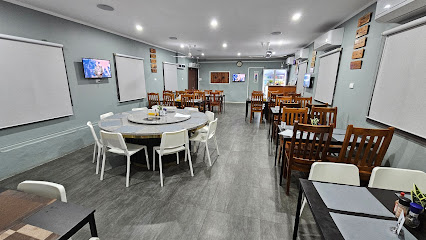
Lucky Tigeress Yum Cha
Experience authentic breakfast delights at Lucky Tigeress Yum Cha in Arijejen - a culinary gem offering traditional flavors and cozy vibes.
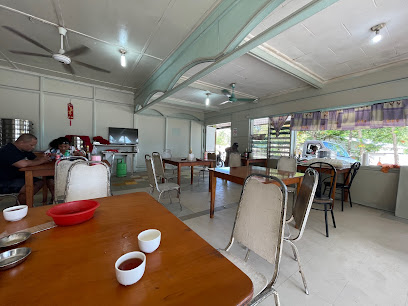
Jullem
Experience authentic Chinese cuisine at Jullem in Anibare, where each dish tells a story of culinary tradition and flavor.
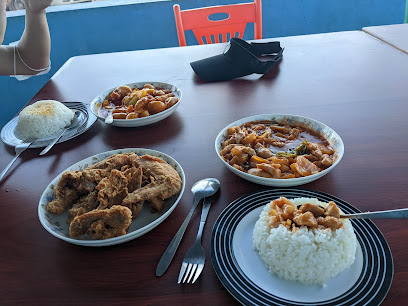
J’ RESTAURANT
Discover J’ RESTAURANT in Arijejen for an authentic taste of Chinese cuisine amidst beautiful waterfront views.
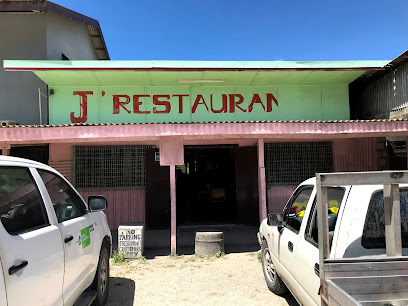
Double J
Experience the flavors of Ibwenape at Double J, where delicious cuisine meets warm hospitality in a charming setting.
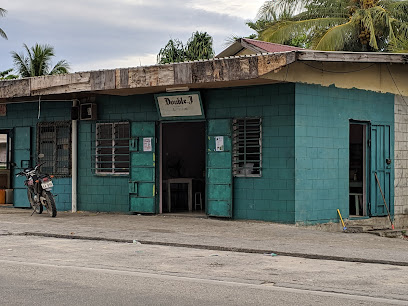
Crystal Kitchen
Discover Crystal Kitchen in Anibare – where families unite over delicious food in a pristine environment.
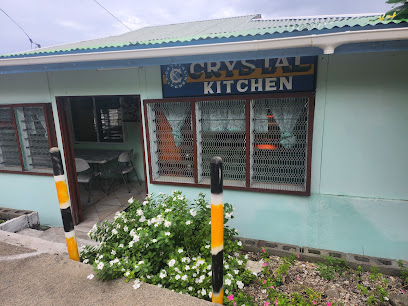
Gabab Restaurant
Experience the authentic flavors of China at Gabab Restaurant in Boe, where each dish tells a story of tradition and culinary artistry.
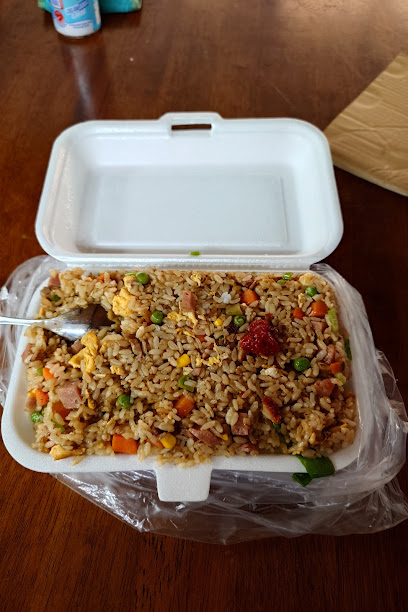
K-Love Restaurant
Discover the authentic taste of Nauru at K-Love Restaurant in Yaren - where local flavors meet warm hospitality.
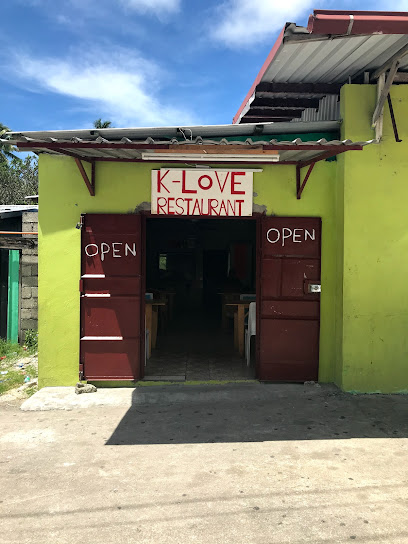
Markets, malls and hidden boutiques
Pacific store
Explore the Pacific Store in Nibok for a unique grocery shopping experience featuring local and international products.
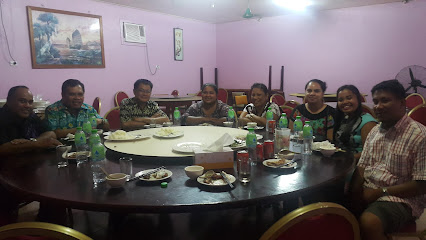
Zombies Store
Discover unique souvenirs and local crafts at Zombies Store, Yaren's quirky general store, perfect for tourists seeking a memorable shopping experience.

Ataro Bay Store
Explore Ataro Bay Store for unique local snacks and essentials in a charming grocery store along Island Ring Rd.
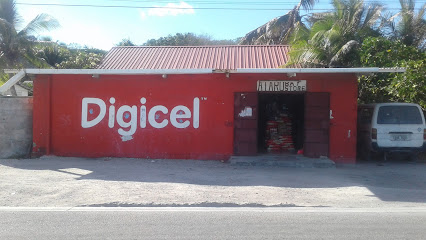
Milton Ross Store
Explore the Milton Ross Store in Yaren for local delights and essential goods in a friendly supermarket atmosphere.
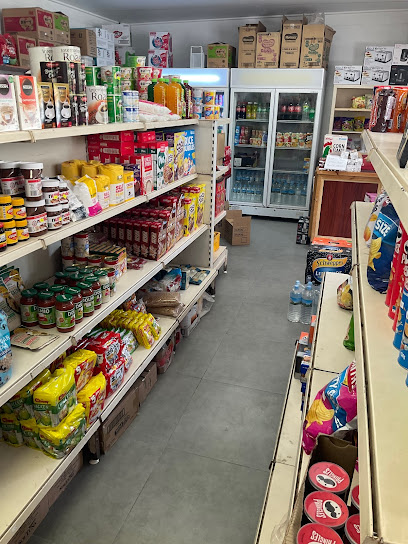
Elizabeth's Garden
Explore the unique charm of Elizabeth's Garden in Boe, where local crafts and friendly service create a memorable shopping experience.
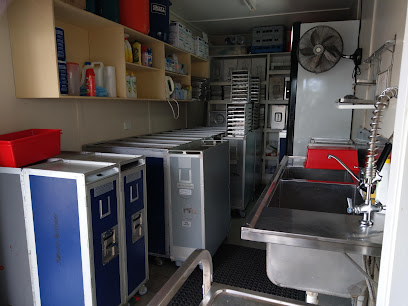
Sunset CornerEnterprise
Discover the local charm of Sunset CornerEnterprise, your go-to general store in Borderline for essentials and unique souvenirs.

Rainbow Store
Explore the Rainbow Store in Baiti for essential travel supplies, local snacks, and a friendly atmosphere perfect for tourists.
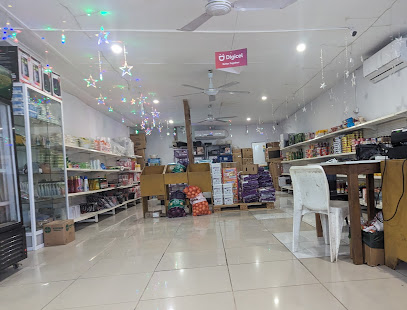
Tuka Luka Store
Discover Nauru's vibrant fashion at Tuka Luka Store, where local craftsmanship meets unique style in the heart of Yaren.

MyStore
Explore MyStore in Yaren for an authentic taste of local culture and a variety of essential goods for your travel needs.

Aredetõ Store
Discover local flavors and essentials at Aredetõ Store, the go-to convenience stop in Arenibek for all your travel needs.

Halo Store
Explore Halo Store in Arenibek for a unique selection of local goods, snacks, and souvenirs that capture the essence of this vibrant community.
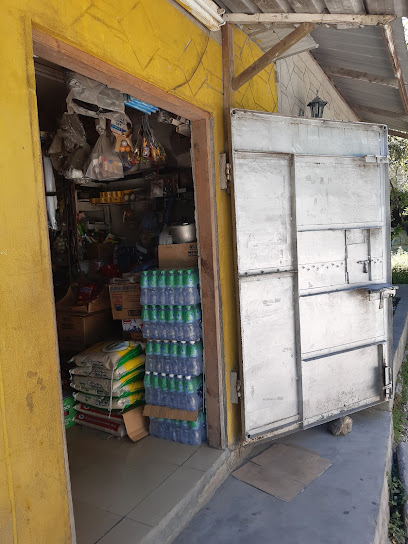
Sparkle 7
Explore Sparkle 7, a vibrant smart shop in Iangan blending local culture with modern shopping delights for an unforgettable experience.

IJ Store
Explore IJ Store in Ijuw for a taste of local and international grocery delights, an essential stop for every traveler.

3 in 1 Store
Explore the 3 in 1 Store in Ronave for a unique shopping experience filled with local crafts and culture, perfect for every traveler.

Turtle Shop (Food and Drinks)
Experience the warm ambiance and exquisite coffee at Turtle Shop, Nibok's cozy coffee haven perfect for every visitor.
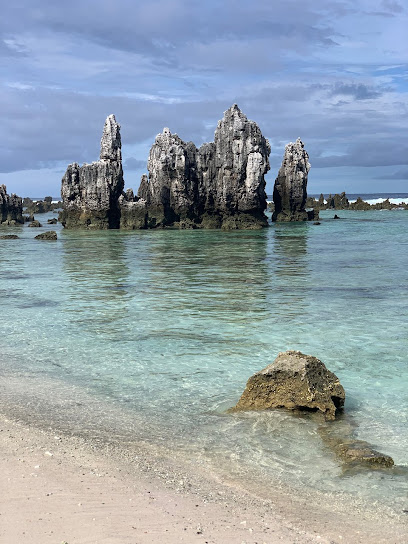
Essential bars & hidden hideouts
The Bay Restaurant
Discover culinary delights and breathtaking views at The Bay Restaurant in Anibare, a perfect dining experience for every traveler.
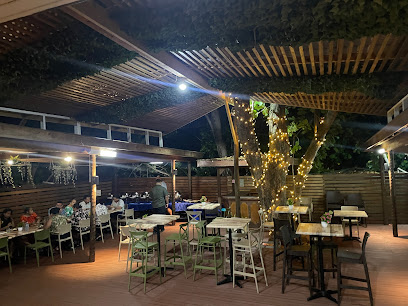
Jules On The Deck
Discover the lively atmosphere at Jules On The Deck, a premier bar in Nibok offering stunning views and a vibrant nightlife experience.
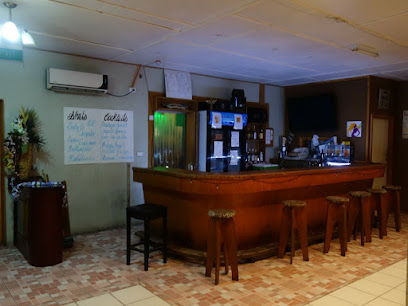
OMG Sushi Restaurant
Experience the authentic taste of Japan at OMG Sushi Restaurant in Orro, where fresh ingredients meet culinary artistry for an unforgettable dining experience.
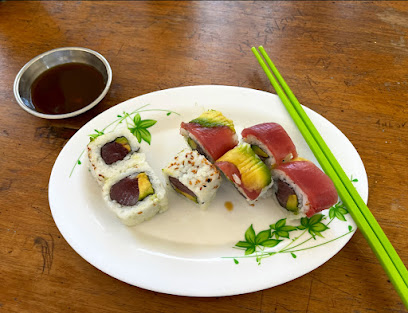
Reef Bar
Experience the vibrant island life at Reef Bar, where refreshing drinks and stunning ocean views create the perfect getaway in Anibare, Nauru.
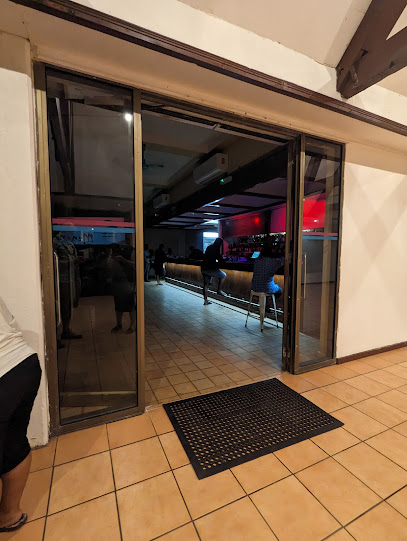
Mr Chippies
Discover the flavors of Anibare at Mr Chippies, where fresh ingredients and warm hospitality create an unforgettable dining experience.
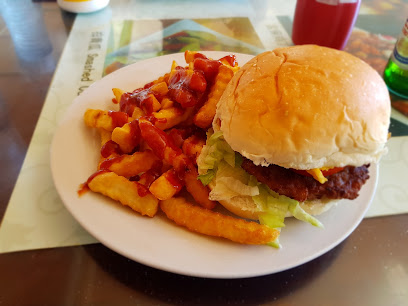
Star Kingdom
Experience the best of Asian cuisine at Star Kingdom in Boe, where every meal is a journey through flavors and traditions.
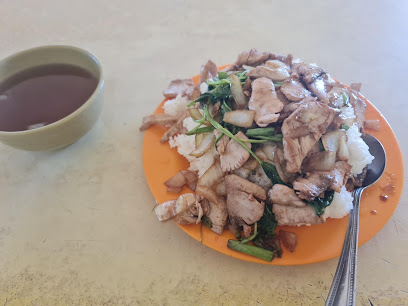
Anibare Boat Harbour Restaurant
Discover the flavors of Nauru at Anibare Boat Harbour Restaurant, where fresh seafood meets breathtaking views.
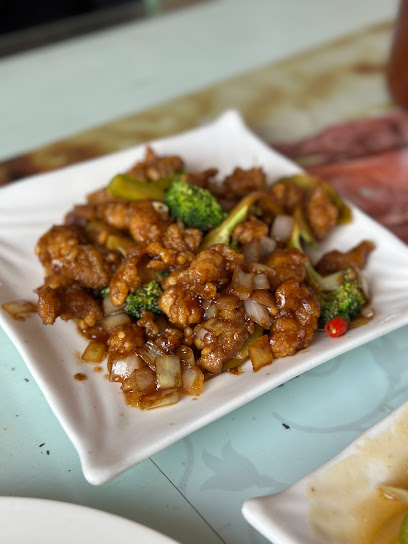
Somewhere Else in Nauru
Discover the vibrant flavors of Nauru at Somewhere Else, a culinary gem in Arijejen offering a diverse menu and warm ambiance.
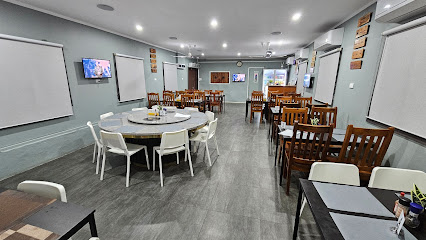
Jullem
Savor authentic Chinese cuisine at Jullem in Anibare, a delightful restaurant offering a taste of Asia in the Pacific.
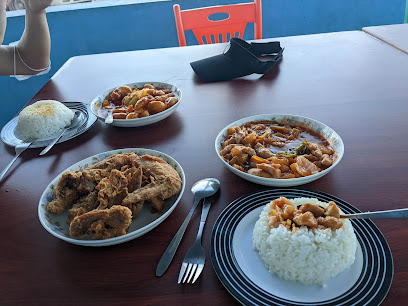
Double J
Experience the fusion of local and international flavors at Double J, Ibwenape's premier restaurant for an unforgettable dining experience.
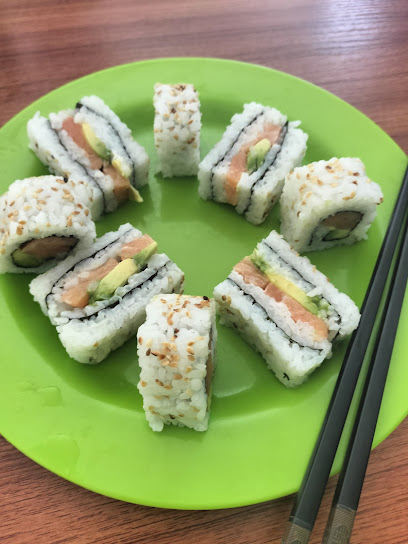
Crystal Kitchen
Discover family-friendly dining at Crystal Kitchen in Anibare, where delicious dishes meet a welcoming atmosphere for all ages.
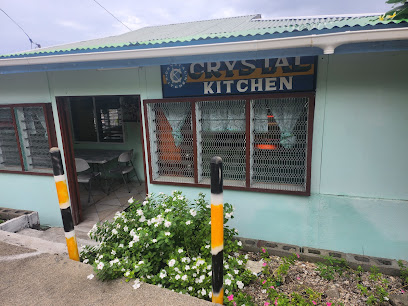
K-Love Restaurant
Discover the flavors of Yaren at K-Love Restaurant, where local cuisine meets international flair in a welcoming atmosphere.
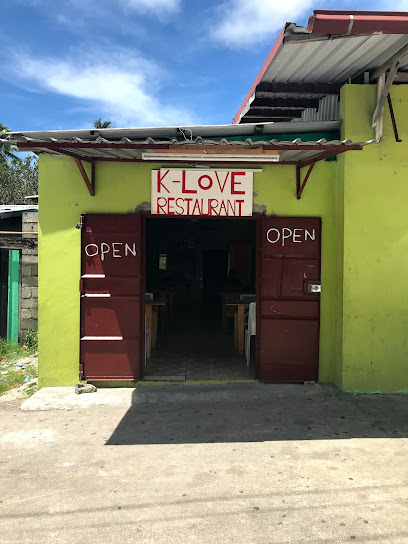
Golden Bridge Restaurant
Experience the essence of authentic Chinese cuisine in Yangor at Golden Bridge Restaurant, where every dish tells a flavorful story.
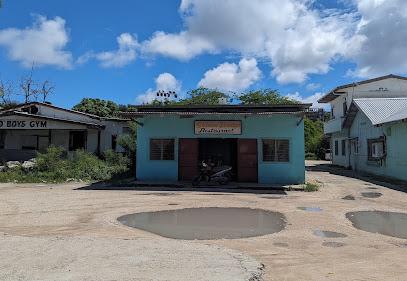
Sushi Restaurant
Experience the essence of Japanese cuisine at Ibwenape's top-rated sushi restaurant, offering exquisite flavors and a welcoming atmosphere.
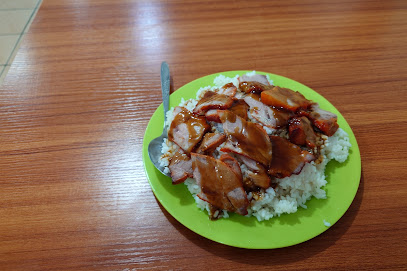
Local Phrases about Meneng District
-
- HelloIaorana
[yah-or-ah-nah] - GoodbyeAere ra
[ah-eh-reh-rah] - YesIo
[ee-oh] - NoAka
[ah-kah] - Please/You're welcomeKoa
[koh-ah] - Thank youMeitaki
[may-tah-key] - Excuse me/SorryTangio
[tang-ee-oh] - How are you?Ko uara?
[koh wah-rah] - Fine. And you?Mamana. E iko?
[mah-mah-nah. eh ee-koh] - Do you speak English?Ko koe e tautala i te reo Puka?
[koh koh-eh eh tao-tah-lah ee teh reh-oh poo-kah] - I don't understandE kore au e mohio
[eh koh-reh oh eh moh-hee-oh]
- HelloIaorana
-
- I'd like to see the menu, pleaseKia kite i te mea kai, koa
[kee-ah kee-teh ee teh meh-ah kai, koh-ah] - I don't eat meatKare ahau e kai kau
[kah-reh ah-how eh kai kow] - Cheers!Manuia!
[mah-noo-ee-ah] - I would like to pay, pleaseMe nofoa te moni, koa
[meh noh-foh-ah teh moh-nee, koh-ah]
- I'd like to see the menu, pleaseKia kite i te mea kai, koa
-
- Help!Awhina!
[ah-fee-nah] - Go away!Haere atu!
[hai-reh ah-too] - Call the Police!Karanga ki te Pirihimana!
[kah-rah-ngah kee teh pee-ree-hee-mah-nah] - Call a doctor!Karanga ki te doctor!
[kah-rah-ngah kee teh dock-tor] - I'm lostI wareware ahau
[ee wah-reh-wah-reh ah-how] - I'm illKua mate ahau
[koo-ah mah-teh ah-how]
- Help!Awhina!
-
- I'd like to buy...Kia hoko au...
[kee-ah hoh-koh oh] - I'm just lookingE tau i te titiro
[eh tow ee teh tee-tee-roh] - How much is it?E hia te moni?
[eh hee-ah teh moh-nee] - That's too expensiveHe nui rawa te utu
[heh noo-ee rah-wah teh oo-too] - Can you lower the price?Ka taea e koe te whakaiti i te utu?
[kah tah-eh-ah eh koh-eh teh fah-kai-tee ee teh oo-too]
- I'd like to buy...Kia hoko au...
-
- What time is it?He aha te wa?
[heh ah-hah teh wah] - It's one o'clockKo te tahi haora
[koh teh tah-hee how-rah] - Half past (10)Tekau ma rua
[teh-kow mah roo-ah] - MorningAhiahi
[ah-hee-ah-hee] - AfternoonAhi
[ah-hee] - EveningPō
[poh] - YesterdayInanahi
[ee-nah-nah-hee] - TodayTenei ra
[teh-nay reh] - TomorrowApopo
[ah-poh-poh] - 1Tahi
[tah-hee] - 2Rua
[roo-ah] - 3Toru
[toh-roo] - 4Wha
[fah] - 5Rima
[ree-mah] - 6Ono
[oh-no] - 7Whitu
[fee-too] - 8Waru
[wah-roo] - 9Iwa
[ee-wah] - 10Tekau
[teh-kow]
- What time is it?He aha te wa?
-
- Where's a/the...?Kei hea te...?
[keh heh-ah teh] - What's the address?He aha te wāhitau?
[heh ah-hah teh wah-hee-tow] - Can you show me (on the map)?Ka taea e koe te whakaatu mai ki ahau (i te mahere)?
[kah tah-eh-ah eh koh-eh teh fah-kah-ah-too my kee ah-how (ee teh mah-heh-reh)] - When's the next (bus)?He wa tērā te (pahi) e tae mai ai?
[heh wah teh-rah teh (pah-hee) eh tah-eh my eye] - A ticket (to ....)He penei (ki ...)
[heh peh-neh-ee (kee)]
- Where's a/the...?Kei hea te...?
History of Meneng District
-
Meneng District, like much of Nauru, has been inhabited for at least 3,000 years. The early settlers were Micronesian and Polynesian peoples who brought with them a rich tradition of navigation, fishing, and agriculture. Evidence of these early settlers can still be found in the form of ancient artifacts and oral histories passed down through generations.
-
In the late 19th century, Nauru, including Meneng District, came under German colonial rule. The island became a strategic point for the Germans in the Pacific. The colonial period saw the beginning of phosphate mining, which would later become the backbone of Nauru's economy. Meneng, being one of the districts, was part of this transformative era.
-
During World War II, Nauru was occupied by Japanese forces. Meneng District, like the rest of the island, experienced significant hardship during this period. The Japanese fortified the island, and remnants of these fortifications can still be found. The local population suffered under harsh conditions until the liberation by Allied forces in 1945.
-
After World War II, Nauru came under the administration of Australia, New Zealand, and the United Kingdom. Meneng District, along with the rest of Nauru, saw significant changes as the island prepared for self-governance. Nauru gained its independence in 1968, and Meneng played its part in the national celebrations and the establishment of a new government.
-
The discovery and exploitation of phosphate had a profound impact on Meneng District. The district became one of the key areas for mining activities. The wealth generated from phosphate exports led to rapid modernization and infrastructure development in Meneng, although it also brought environmental challenges that are still being addressed today.
-
In recent years, there has been a strong movement towards cultural revival in Meneng District. Efforts have been made to preserve traditional Nauruan culture, including dance, music, and craftsmanship. Local festivals and events celebrate this rich cultural heritage, providing visitors with an authentic experience of Nauruan traditions.
-
Today, Meneng District is a vibrant community that balances modernity with tradition. It is home to important institutions, including government buildings and schools. The district continues to evolve, reflecting the dynamic history and resilient spirit of its people.
Meneng District Essentials
-
Meneng District is located in the eastern part of Nauru. The primary way to get to Nauru is by air. Nauru International Airport (INU) is the only airport in the country, and it receives flights from Brisbane, Australia, and other Pacific Island nations. From the airport, Meneng District is just a short drive away. Taxis and rental cars are available at the airport for transportation to Meneng.
-
Within Meneng District, transportation options are somewhat limited. Walking is a feasible option for exploring the district due to its small size. Taxis are available and can be hailed on the street or booked in advance. Renting a car is also an option, providing more flexibility for exploring Nauru's other districts. Bicycles can be rented for a more eco-friendly and leisurely way to get around.
-
The official currency in Nauru is the Australian Dollar (AUD). Credit cards are accepted in some hotels, restaurants, and shops, but it is advisable to carry cash, especially for smaller establishments. ATMs are available, but they can sometimes run out of cash, so it is wise to have enough cash on hand for your needs.
-
Meneng District is generally a safe place for tourists. However, as with any travel destination, it is essential to take standard precautions. Avoid walking alone at night in unfamiliar areas and keep an eye on your belongings in crowded places. There are no specific high-crime areas targeting tourists, but staying vigilant is always advisable.
-
In case of an emergency, dial 110 for police assistance or 111 for medical emergencies. The Republic of Nauru Hospital is located in Denigomodu District and provides medical services. It is recommended to have travel insurance that covers medical emergencies. For minor health issues, pharmacies are available where you can purchase over-the-counter medications.
-
Fashion: Do dress modestly, especially when visiting local communities. Avoid wearing overly revealing clothing. Religion: Do respect local customs and traditions. Remove your shoes when entering someone's home or a place of worship. Public Transport: Do be respectful and polite when using taxis or rental services. Greetings: Do greet people with a friendly handshake or a nod. Smiling and being polite goes a long way. Eating & Drinking: Do try local delicacies and accept food offerings graciously. Don't refuse hospitality, as it is considered impolite.
-
To experience Meneng District like a local, visit the local markets where you can buy fresh produce and traditional Nauruan goods. Engage with locals, as they are often friendly and willing to share stories about the district's history and culture. Don't miss visiting the Meneng Stadium for local sports events or the coastal areas for a relaxing day by the sea. For a unique experience, attend a traditional Nauruan dance performance if available.
Nearby Cities to Meneng District
-
Things To Do in Anibare
-
Things To Do in Buada
-
Things To Do in Boe
-
Things To Do in Uaboe
-
Things To Do in Aiwo
-
Things To Do in Ijuw
-
Things To Do in Denigomodu
-
Things To Do in Anabar
-
Things To Do in Kosrae
-
Things To Do in Mili
-
Things To Do in Majuro
-
Things To Do in Aur
-
Things To Do in Lata
-
Things To Do in Auki
-
Things To Do in Tulagi








